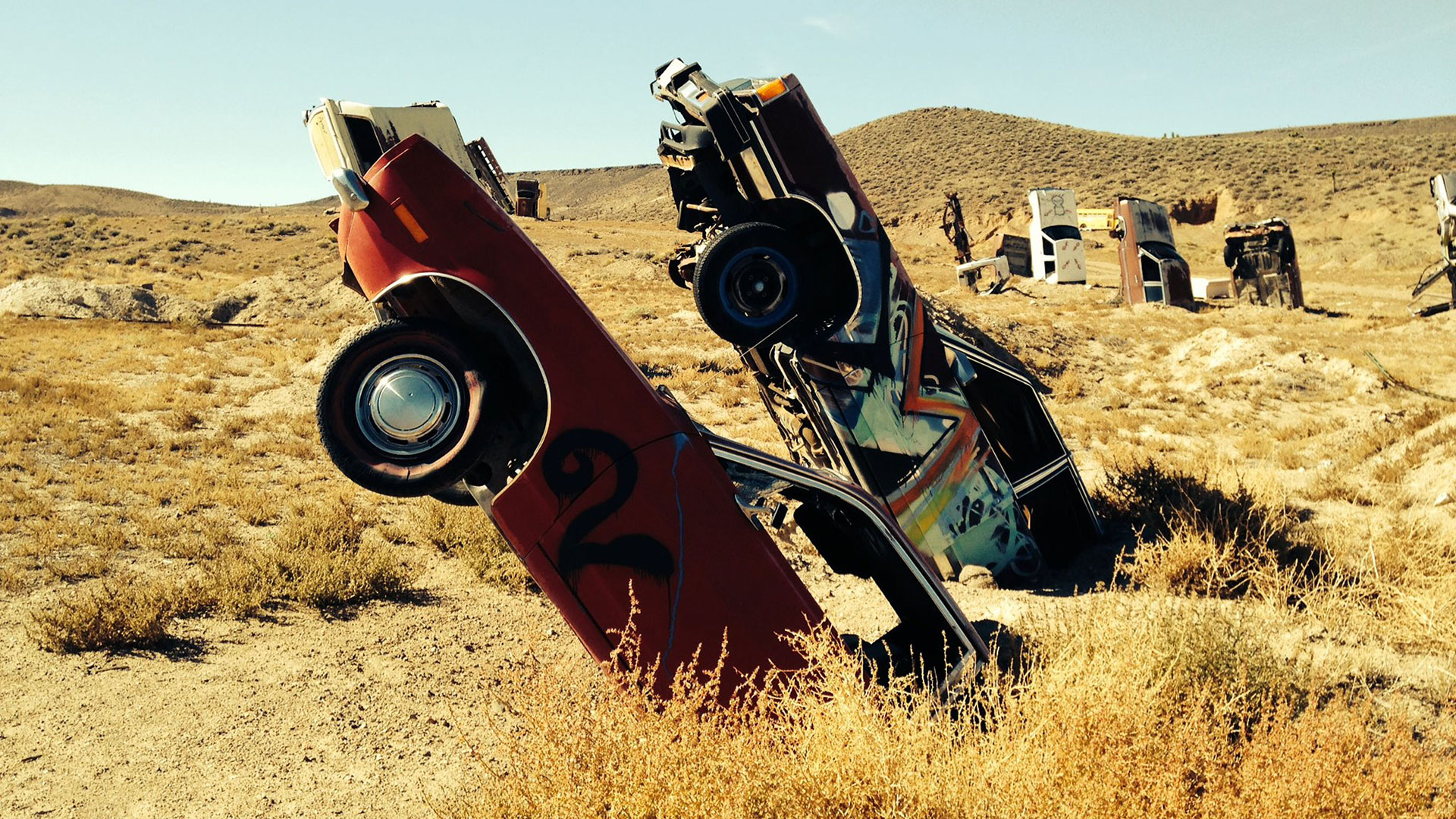

Beginning around 1910, the Great Migration saw millions of black Americans escaping the South to find new lives and opportunities – including in the innovative, world-changing car factories of Detroit. Could Nevada repeat that tale for the 21st century?
The state has just approved a $335 million incentives package for Faraday Future, a Chinese electric car start-up backed by Jia Yueting. The billionaire owner of Leshi Television made his fortune in online videos, and now aims to bring an EV to showrooms by 2017, with a concept set to be unveiled at the Consumer Electronics Show in a few weeks. After rejecting sites in California, Georgia and Louisiana, Faraday is placing a $1 billion bet on North Las Vegas for a factory, which Yueting says can bring 4,500 jobs.
Nevada is suddenly positioned to become a locus of the American EV industry.
It’s the product of a unique combination of circumstances. The state not only has raw lithium reserves, but also affordable housing and wide-open desert spaces and tax breaks. The deal to lure Tesla was unprecedented in U.S. corporate history: $1.25 billion in incentives; zero sales tax for 20 years, alone worth $725 million; no payroll taxes for 10 years; a decade’s worth of property tax abatements; and even a big discount on electricity. The state will also kick in another $100 million on infrastructure improvements, including linking the I-80 freeway and U.S. Highway 50 to the factory in Storey County. Slated for completion before 2020, the $5 billion plant would be one of the world’s largest buildings, and by far the biggest battery maker. Musk says the place will create 50 gigawatt-hours of lithium-ion battery cells, enough to supply 500,000 EVs a year. That’s more lithium-ion energy than the entire world produced in 2014.
Nevadans may one day consider this deal of the century. Or, the whole thing goes belly up, and residents end up with the world’s largest laser-tag facility. Governor Brian Sandoval, naturally, prefers the former.
“I am grateful that Tesla saw the promise in Nevada,” Sandoval said when the deal was announced last September. “These 21st century pioneers, fueled with innovation and desire, are emboldened by the promise of Nevada to change the world. Nevada is ready to lead.”
Tesla’s plant could employ more than 6,500 workers at an average $25 an hour, and that’s catnip to any politician. Nevada believes the carbon-neutral factory will boost regional employment by 10 percent and state employment by 2 percent. The state’s estimate, perhaps unduly optimistic, also figures $100 billion in economic impact over 20 years, including $370 million a year in direct wages. One hand washing the other, Tesla promised to hire half its employees from the local workforce and give $37.5 million to state K-12 education, plus $1 million for battery research at UNLV.
Now, despite what you may have heard from Musk or Google, Motown is hanging in there, with the Big Three minting profits and enjoying record American sales. But certainly, the nexus of car creation has shifted dramatically from Detroit, first to Los Angeles and now toward Silicon Valley. American car and parts production has drained and pooled in the South, to union-hating plants from Texas and Tennessee to Georgia and South Carolina. Good-paying manufacturing jobs are scarce and precious, and most states will virtually sell their souls to lure them. The argument of whether it’s right or healthy for states to pilfer jobs and companies from each other, in a kind of economic shell game, can be shelved for another time.
For now, recognize that one battery factory and one long-shot Chinese startup do not an industry make. With retro gasoline prices and even affordable EVs like the Nissan Leaf and Chevy Volt getting the cold shoulder from Americans, there’s still something missing from the utopian predictions of Tesla, Faraday and Sandoval: Customers, and not just the kind who can afford $100,000 social statements.
But if EVs do take off, they’ll all need batteries, courtesy of Tesla. Companies such as Faraday can ride its electric coattails. Global automakers, driven by competition and green regulations, may still end up dominating a new EV world, but they’ll be hooked on lithium and require their own desert supplier. With Tesla’s southwestern empire taken root, it can seed vast satellite rings of local suppliers and spin-off businesses. And Nevada can become famous for something besides slot machines and whorehouses.